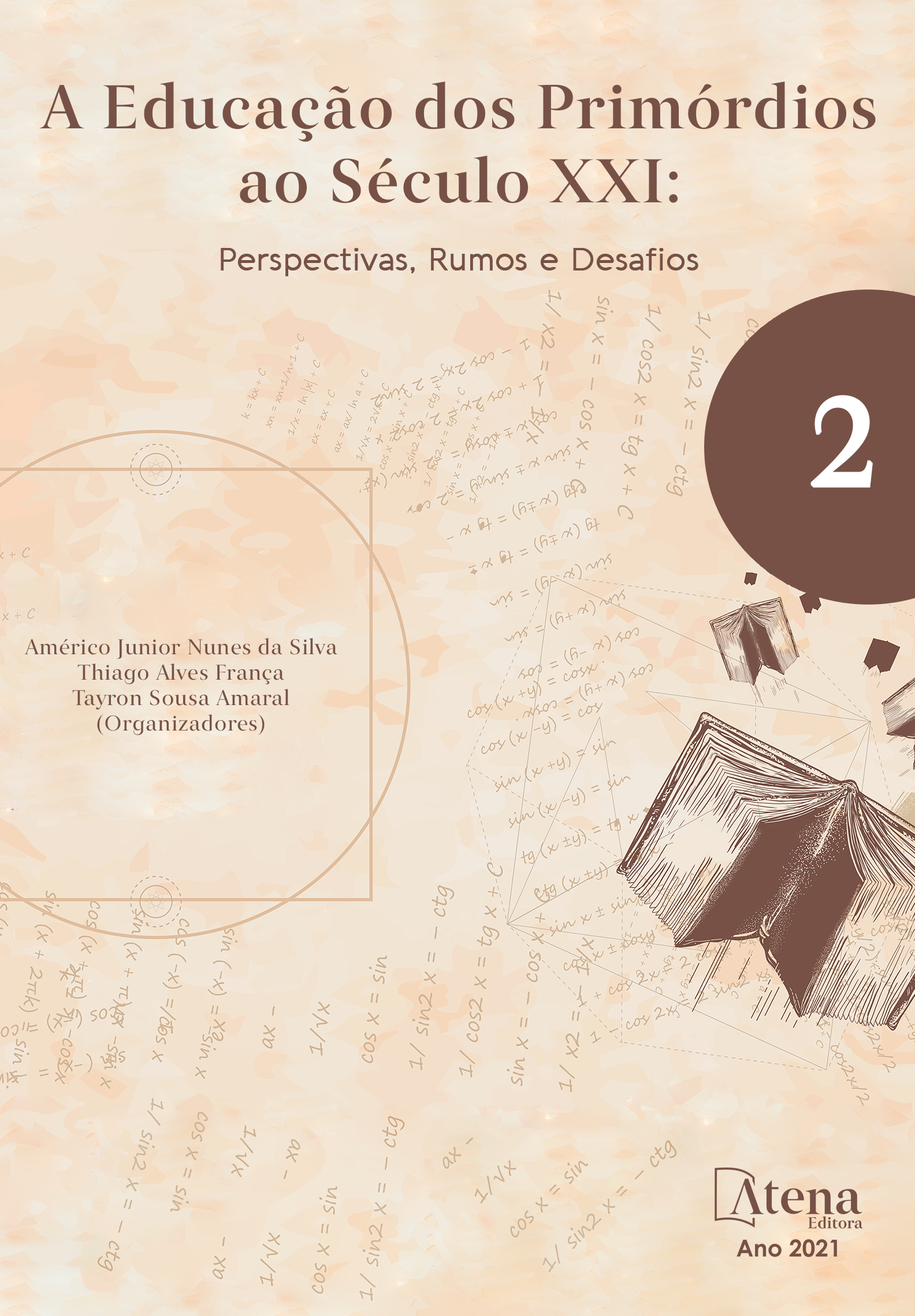
O EXCESSO DE INFORMAÇÃO NO CIBERESPAÇO: CONSEQUÊNCIAS PARA O PERFIL COGNITIVO DE LEITURA DO ALUNO DE GRADUAÇÃO EAD
A pesquisa investiga as consequências que o excesso de informação pode gerar e, assim, impactar o perfil cognitivo de leitura do leitor aluno de graduação que estuda na modalidade a distância. Tem-se como fundamentação teórica as contribuições de Lúcia Santaella, Pierre Wiel, Pierre Lévy que postulam, respectivamente, sobre a compreensão do perfil cognitivo de leitura, doenças e anomalias causadas pelo excesso de informação e a atuação do leitor no ciberespaço a partir do dilúvio informacional. A partir da metodologia bibliográfica, os resultados da pesquisa apontaram que a memória, a atenção, a criatividade, a cognição social são as faculdades mais afetadas quando o indivíduo perde o controle do tempo de exposição no ciberespaço, desenvolvendo assim transtornos e patologias relacionados à dependência digital.
O EXCESSO DE INFORMAÇÃO NO CIBERESPAÇO: CONSEQUÊNCIAS PARA O PERFIL COGNITIVO DE LEITURA DO ALUNO DE GRADUAÇÃO EAD
-
DOI: 10.22533/at.ed.5192104036
-
Palavras-chave: Educação a distância. Leitura. Excesso de informação.
-
Keywords: Distance education. Reading. Too much information.
-
Abstract:
The research investigates the consequences that the excess of information can generate and, thus, impact the cognitive profile of reading of the graduate student who studies in the distance modality. It has as theoretical basis the contributions of Lúcia Santaella, Pierre Wiel, Pierre Lévy who postulate, respectively, on the understanding of the cognitive profile of reading, diseases and anomalies caused by the excess of information and the performance of the reader in cyberspace from the flood informational. From the bibliographic methodology, the results of the research pointed out that memory, attention, creativity, social cognition are the faculties most affected when the individual loses control of the exposure time in cyberspace, thus developing disorders and pathologies related to dependence digital. Furthermore, it was found that undergraduate students represent a risk group for diseases generated from digital dependence and contact with excess information.
-
Número de páginas: 15
- Jacimara Ribeiro Merizio Cardozo


